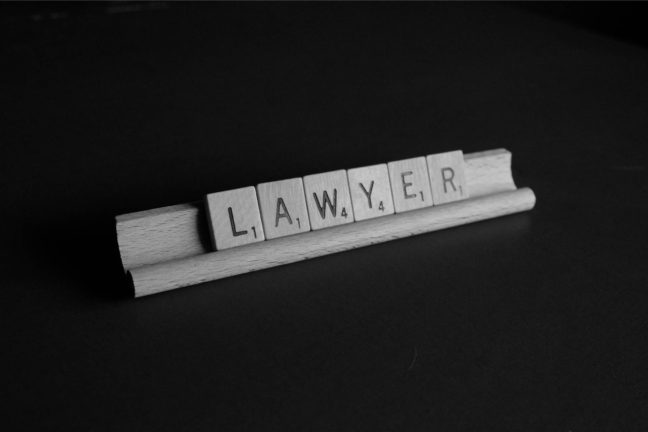Courts base custody decisions on the child’s best interests, employing a comprehensive evaluation process. Custody agreements typically include provisions for legal and physical custody, visitation or parenting time, relocation with children, and modifications of existing agreements or orders.
Child custody is a highly emotional issue for most parents. It’s essential to have an experienced Virginia child custody lawyer from Coastal Virginia Law who can present compelling evidence and sound legal arguments on your behalf. You don’t want to leave this issue to chance and possibly lose your custodial and visitation rights.

Child Custody Explained
Child custody encompasses both legal custody (decision-making rights) and physical custody (where the children spend their time).
In instances where parents cannot reach an agreement, the court intervenes and issues an order after a thorough examination of the facts. Various factors, including the child’s age and relationship with each parent, are taken into consideration by the judge when determining the most suitable custody arrangement.
More specifically, when a court issues a custody order, it evaluates the following ten factors:
- Child’s age and physical and mental condition: As children grow, their needs change, which may influence how frequently they spend time with each parent.
- Each parent’s age and physical and mental condition: Changing or declining conditions could impact a parent’s ability to provide appropriate and safe support.
- Relationships between parent and child: Positive and engaged involvement of both parents is crucial to a child’s emotional, intellectual, and physical needs. The court may assess how much time is needed to build or strengthen the parent-child bond.
- Needs of the child and their other important relationships: The court examines other issues, such as relationships with siblings, peers, and extended family members, particularly when a relocation request is being considered.
- Role each parent played and will continue to play in the daily care and upbringing of the child
- How the parent manages contact with the other parent
- Each parent’s willingness, interest, and ability to maintain a close and ongoing relationship with the child
- Preferences of the child
- History of family, sexual, or child abuse, or other acts of violence
- Other factors deemed necessary and appropriate by the court
The court has considerable discretion in these decisions and may emphasize some factors over others based on the specifics of the case and presented evidence. You want to make sure your attorney presents evidence in the best light about how well you address all these elements.
Types of Custody
In Virginia, there are various combinations of legal and physical custody. Legal and physical custody can be granted in either sole or joint forms, indicating whether one or both parents are responsible for the child.
With joint legal custody, both parents share the responsibility and authority for the care of the child, even if the child primarily resides with only one parent. Joint physical custody involves both parents sharing physical and custodial care of the child.
The term ‘sole custody’ denotes one parent as having responsibility for the care and control of the child. This parent also has primary authority for making decisions concerning the child.
Why You Need an Experienced Attorney
While legal and physical custody can be modified through an agreement or court order at any time, you want a custody arrangement that everyone can live with and that is in the best interests of the child. You don’t want to end up worried about whether the custodial parent can cancel child support or if an attorney can help make sure you don’t lose custody of a child.
There may be a change in circumstances (e.g., age, health condition, noncompliance with court orders, relationship with a parent, etc.) that necessitates a new custody order, but custody battles are stressful for everyone–including the children.
Securing the services of an experienced local divorce and child custody attorney is essential to present a clear and convincing case that protects your custodial rights so you don’t have to go back to court again and repeat the legal process.



